- Lauren Ford and Pamela Judith Walsh
- Read Time: 5 mins
 Demand for food is increasing rapidly – the global population is expected to reach 11.2 billion by 2100. To keep up with the additional mouths to feed, intensive farming practices have maximised production, but often at the expense of the environment and human health.
Demand for food is increasing rapidly – the global population is expected to reach 11.2 billion by 2100. To keep up with the additional mouths to feed, intensive farming practices have maximised production, but often at the expense of the environment and human health.



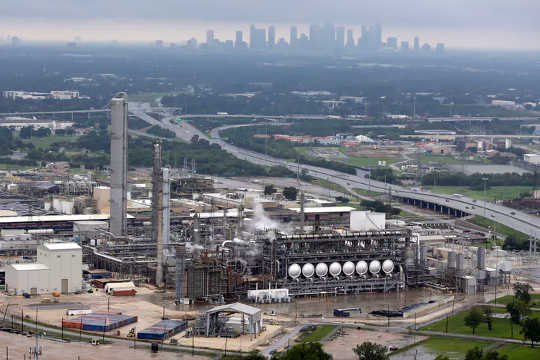
 With the extreme heat it is vital that everyone take appropriate steps to manage the heat, including drinking plenty of fluids.
With the extreme heat it is vital that everyone take appropriate steps to manage the heat, including drinking plenty of fluids.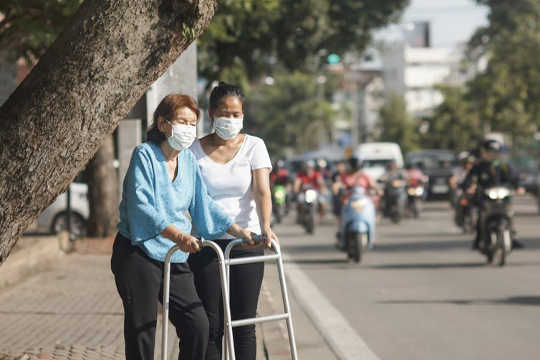

 It is easy to romanticise about escaping to the country, with its clean air, green space, and idyllic views. But
It is easy to romanticise about escaping to the country, with its clean air, green space, and idyllic views. But 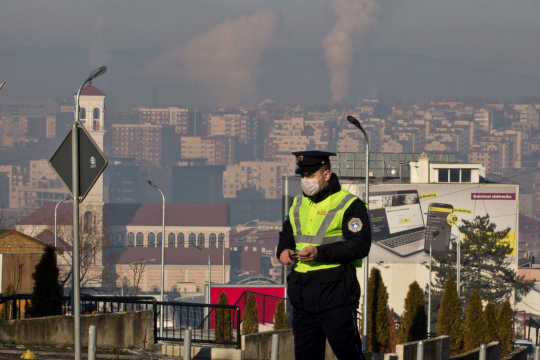 Fine particulate matter smaller than 2.5 millionths of a meter, known as PM2.5, was the fifth-leading cause of death in the world in 2015, factoring in approximately 4.1 million global deaths annually. In the United States, PM2.5 contributed to about 88,000 deaths in 2015 – more than diabetes, influenza, kidney disease or suicide.
Fine particulate matter smaller than 2.5 millionths of a meter, known as PM2.5, was the fifth-leading cause of death in the world in 2015, factoring in approximately 4.1 million global deaths annually. In the United States, PM2.5 contributed to about 88,000 deaths in 2015 – more than diabetes, influenza, kidney disease or suicide.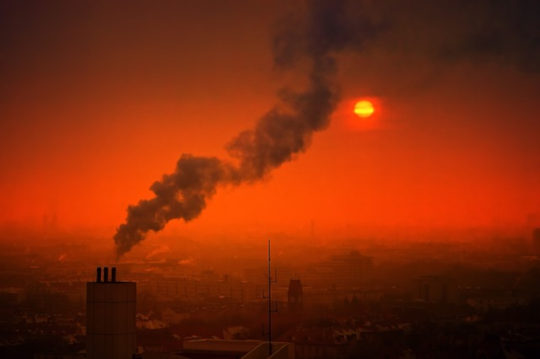 The average lifespan of residents of Copenhagen could increase by an entire year in 2040 if there were cuts in pollution to the level found in the countryside.
The average lifespan of residents of Copenhagen could increase by an entire year in 2040 if there were cuts in pollution to the level found in the countryside.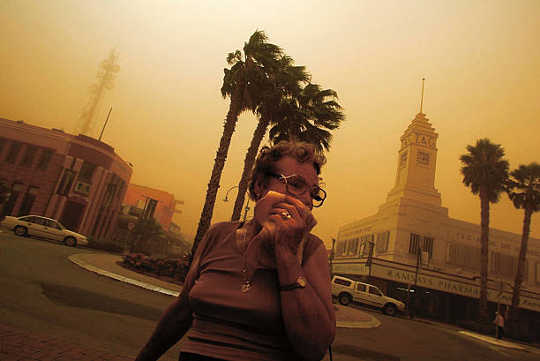 A major dust storm swept through Sydney and regional New South Wales this week. Red skies over Broken Hill on Wednesday night and Sydney on Thursday resembled those seen during intense bushfire activity and the massive 2009 dust storm.
A major dust storm swept through Sydney and regional New South Wales this week. Red skies over Broken Hill on Wednesday night and Sydney on Thursday resembled those seen during intense bushfire activity and the massive 2009 dust storm.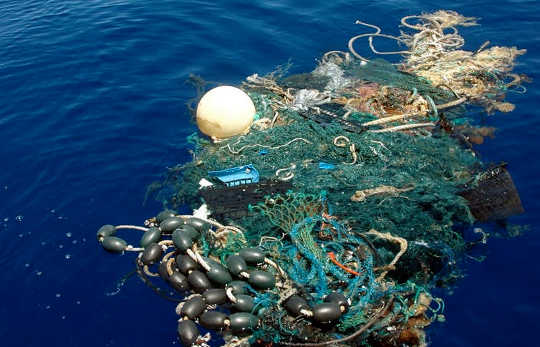





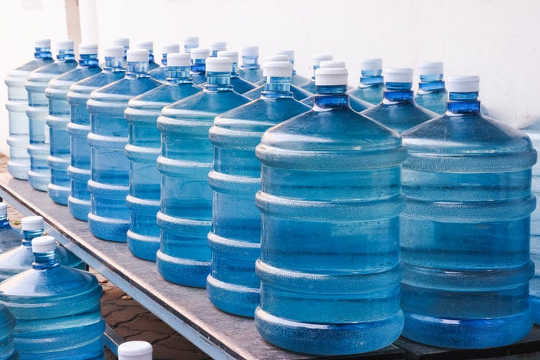
 Not everyone will readily admit to peeing in swimming pools, but it does happen. An anonymous survey from 2012 found that 19 percent of adults admitted they had peed in a pool at least once. But when you use a pool as a giant toilet, that yellow trail contains some nasty bacteria and parasites.
Not everyone will readily admit to peeing in swimming pools, but it does happen. An anonymous survey from 2012 found that 19 percent of adults admitted they had peed in a pool at least once. But when you use a pool as a giant toilet, that yellow trail contains some nasty bacteria and parasites.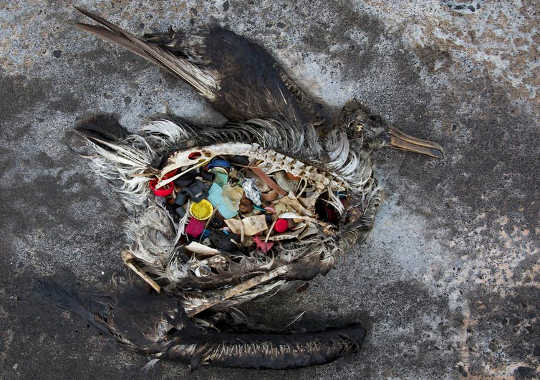
 In the first of many pending lawsuits to go to trial, a jury in San Francisco concluded on Aug. 10 that the plaintiff had developed cancer from exposure to Roundup, Monsanto’s widely used herbicide, and ordered the company to pay US$289 million in damages. The plaintiff, Dewayne Johnson, had used Roundup in his job as groundskeeper in a California school district. He later developed non-Hodgkin lymphoma. The jury awarded Johnson $39 million in compensatory damages to cover pain, suffering and medical bills due to negligence by Monsanto, plus an additional $250 million in punitive damages.
In the first of many pending lawsuits to go to trial, a jury in San Francisco concluded on Aug. 10 that the plaintiff had developed cancer from exposure to Roundup, Monsanto’s widely used herbicide, and ordered the company to pay US$289 million in damages. The plaintiff, Dewayne Johnson, had used Roundup in his job as groundskeeper in a California school district. He later developed non-Hodgkin lymphoma. The jury awarded Johnson $39 million in compensatory damages to cover pain, suffering and medical bills due to negligence by Monsanto, plus an additional $250 million in punitive damages.